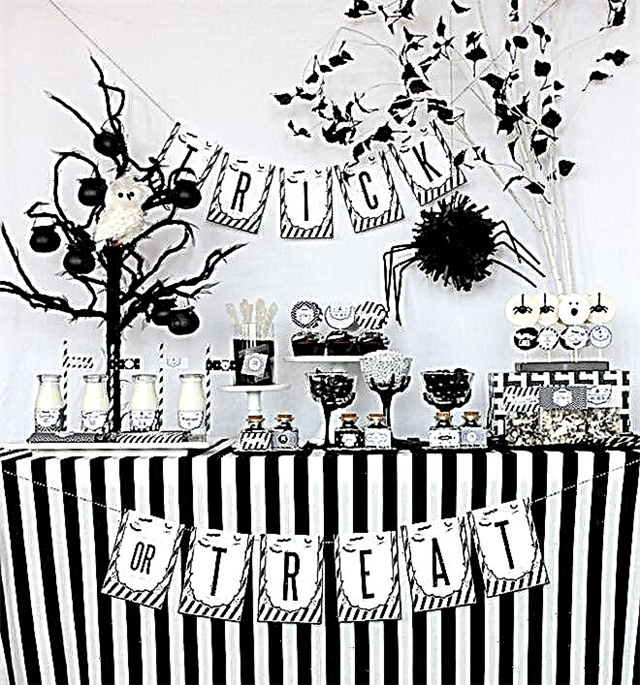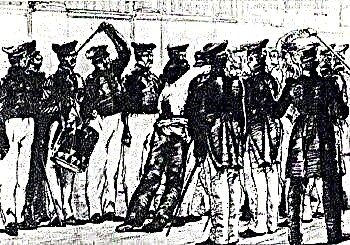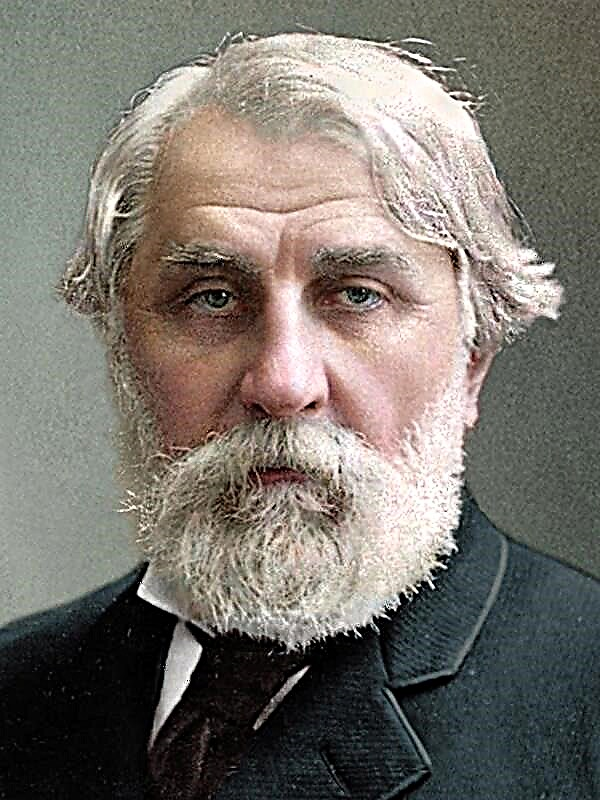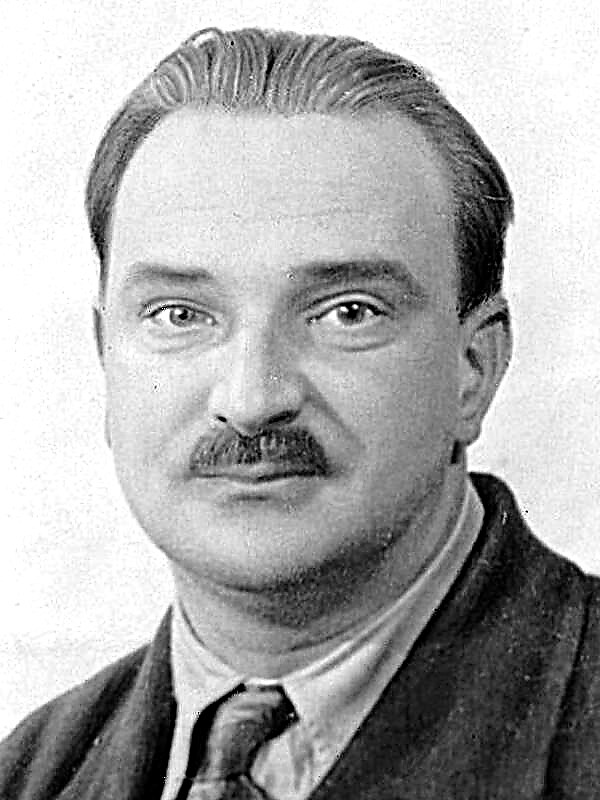The reader meets the storyteller in an Amsterdam bar called Mexico City. The narrator, a former lawyer who had extensive practice in Paris, after a critical period in his life moved to a place where no one knows him and where he tries to abandon his sometimes difficult memories. He is very sociable and uses the bar in some way as a temple, where he gets acquainted with people he likes, tells them about his life, about his sins and almost always ensures that his interlocutors respond to him with frankness and openly confess as they would confess to my confessor.
Jean-Baptiste Clemence, the name of the former lawyer, is revealed to the reader as to one of his daily interlocutors. While working in Paris, he specialized in “noble deeds,” the protection of widows and orphans, as they say. He despised the judges and felt a sense of satisfaction because he undertook a just cause. He earned his living by talking to people he despised. Clemence was in the justice camp, and that was enough for his peace of mind. In his professional activity, he was impeccable: he never accepted bribes, did not humble himself to any fraud, did not flatter those on whom his well-being depended. Finally, he never took payments from the poor, was known as a generous person and really was such, taking certain joys from his philanthropy, not least among which was the thought of the futility of his gifts and the very probable ingratitude that would follow. He called it "the peak of nobility", even in everyday things he always wanted to be higher than others, because only by rising above the others, it is possible to achieve "enthusiastic looks and cheers from the crowd."
One evening, Clemence, very pleased with the past day, walked along the Arts bridge, completely deserted at that hour. He stopped to look at the river, a sense of his own strength and completeness grew in him. Suddenly he heard a quiet laugh behind him, however, looking around, he saw no one nearby. Laughter came from nowhere, His heart was pounding. Arriving home, he saw his face in the mirror, it was smiling, but the smile seemed to Jean-Baptiste somehow false. Since then, it has seemed to him that from time to time he hears this laughter in himself. Then it all started.
Clemence began to think that some string in him had gone wrong, that he had forgotten how to live. He began to clearly feel the comedian in himself and to understand that every day only one thing worried him: his “I”. Women, living people, tried to grab hold of him, but they did not succeed. He quickly forgot them and always remembered only about himself. In his relationship with them, he was guided only by sensuality. Their affection frightened him, but at the same time he did not want to let go of any of the women from himself, at the same time maintaining several connections and making many unhappy. As Clemence realized later, in that period of his life he demanded everything from people and did not give anything in return: he forced many, many people to serve him, and as if they hid them in the refrigerator so that they were always at hand and he could use them on as required. When remembering the past, shame burns his soul.
Once on a November night, Clemence was returning from his mistress and was walking across the Royal Bridge. A young woman stood on the bridge. He walked past her. Going down from the bridge, he heard the noise of a human body collapsing into the water. Then there was a cry. He wanted to run to help, but could not move, and then thought it was too late, and slowly moved on. And he didn’t tell anyone about anything.
Outwardly, his relations with friends and acquaintances remained the same, but gradually they were upset. Those still praised his sense of harmony, but he himself felt only confusion in his soul, seemed vulnerable to himself, given to the power of public opinion. People no longer seemed to him a respectful audience, to which he was accustomed, but his judges. Clemence’s attention was sharpened, and he discovered that he had enemies, especially among unfamiliar people, because they were enraged by his behavior as a happy and contented person. That day, when he received his sight, he felt all the wounds inflicted on him and immediately lost his strength. It seemed to him that the whole world began to laugh at him.
From that moment, he began to try to find the answer to these ridicule, which actually sounded inside him. He began to shock the audience of his public lectures on jurisprudence and to behave as he would never allow himself to behave before. He scared off his entire clientele. He became bored with women because he no longer played with them. Then, tired of both love and chastity, he decided that he could only indulge in debauchery - he perfectly replaces love, stops people's ridicule and silence, and most importantly, does not impose any obligations. Alcohol and women of easy virtue gave him the only worthy relief. Then he was attacked by immense fatigue, which still does not leave him. So a few years have passed. He already thought that the crisis had passed, but soon realized that it was not so, the cry that rang out on the Seine that night behind him did not stop, and at any opportunity reminded himself even after Clemence moved to Amsterdam.
Once, in the Mexico City bar, he saw on the wall the painting “Incorruptible Judges” by Van Eyck, stolen from the Cathedral of St. Bavona One of the regulars of his establishment exchanged it for the owner with a bottle of gin. This picture was sought by the police of three countries. Clemence convinced the frightened owner to deposit it with him. Since then, the picture is in his apartment, he talks about it to all his interlocutors, and each of them can convey to him. Subconsciously, he strives for this, feeling his inexorable guilt in front of that girl whom he did not save, realizing that now it will never be possible to get her out of the water. And the heaviness on the heart will remain with him forever.

 Notre Dame Mosque
Notre Dame Mosque

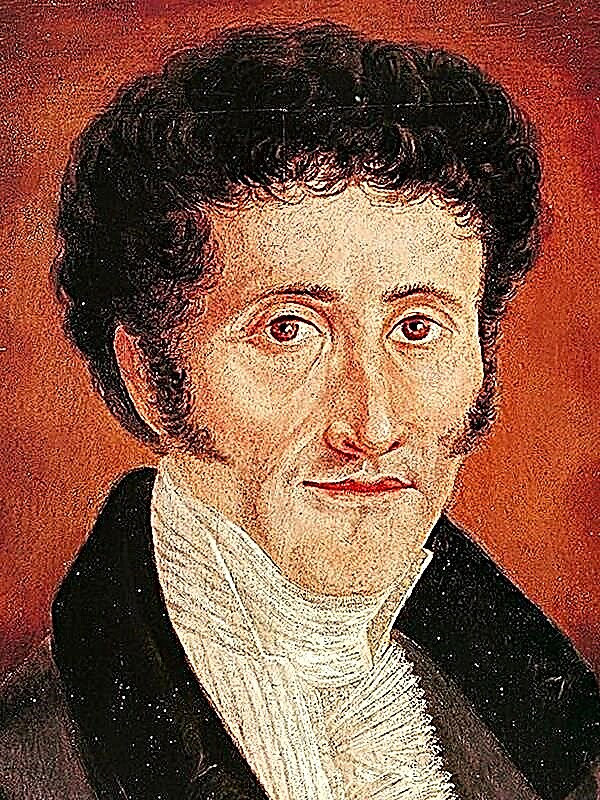 Nutcracker
Nutcracker